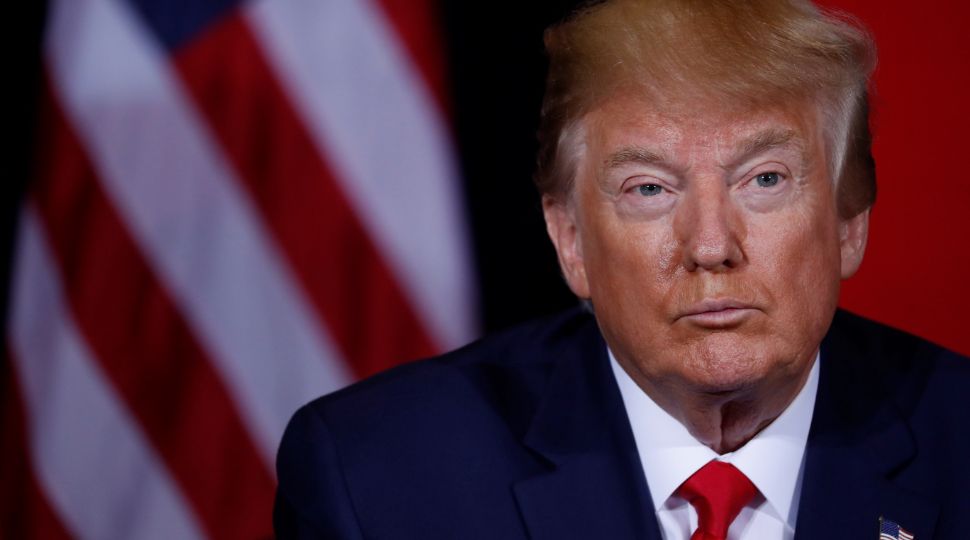Launch of an Impeachment Inquiry into U.S. President Donald Trump's Actions

What is the matter that forced the inquiry?
During a telephone conversation in July—a transcript of which, based on recollections of the conversation, was published on 25 September—Trump appears to pressure the Ukrainian president to investigate Hunter Biden, the son of the former vice president. In the opinion of the Democratic majority in the House, Trump abused his position for political advantage by trying to force the leader of a foreign state to act in a way that could influence the course of the U.S. presidential campaign. That would be a violation of the Constitution and serves as the basis for initiating impeachment proceedings.
On 24 September, Pelosi instructed House committees (Intelligence, Foreign Affairs, Oversight and Reform, Ways and Means, Financial Services, Justice) to examine the evidence, which could lead to formal charges. In parallel, the Senate, where Republicans hold the majority, unanimously issued a subpoena for the whistleblower’s complaint to be turned over to both the Senate and House intelligence committees. Trump described the Democrats’ actions as groundless and politically motivated.
Impeachment or removal from office?
Impeachment is the first of two constitutional steps that can lead to the removal of a president from office. The impeachment procedure allows the House to levy charges but that is not equivalent to removing the official from the post. That comes in the next step, undertaken by the Senate. The House acts as the prosecutor (forming the allegations as “articles of impeachment”), while only the Senate has the right judge the evidence and vote to declare the president guilty. The House votes on impeachment by a simple majority but the Senate vote requires two-thirds of the members present at the time of voting to agree to impeachment.
What are the chances of removing Trump from office?
If the first part of the impeachment process passes the House, the Senate is unlikely to vote against Trump, which would leave him in office. The Republican Party simply won’t let an executive branch under Republican control to be weakened. In addition, Trump’s potential removal from office while he has the support of 90% of Republican voters, would weaken the entire party before the election cycle in 2020.
Circumstances that could cause Trump to lose support with Republican Senators would be if the House provides incontrovertible evidence of his abuse of power with a significant drop in voter support for the current presidency. This worked against Richard Nixon in 1973-1974, although he resigned before he was impeached.
How will the impeachment process affect U.S foreign policy?
The process in the House will impede Ukraine’s implementation of foreign policy towards the U.S. because bilateral relations between these countries will become subject to the U.S. internal dispute in the context of the upcoming 2020 elections. The most important challenges of the current administration will remain the trade dispute with China, the talks with North Korea, and the conflict with Iran. However, the procedures, which include public hearings and analyses of still classified documents conducted by the House committees, may reveal flaws in the current administration’s foreign policy. Disclosures of Trump’s backstage activities may affect the perception of his administration by U.S. allies and adversaries, as was the case in the Watergate scandal. An investigation may also hinder the president from successfully exercising some of his powers in the area of foreign policy. Therefore, Trump will probably present the House activities as a political attempt to limit his power.





